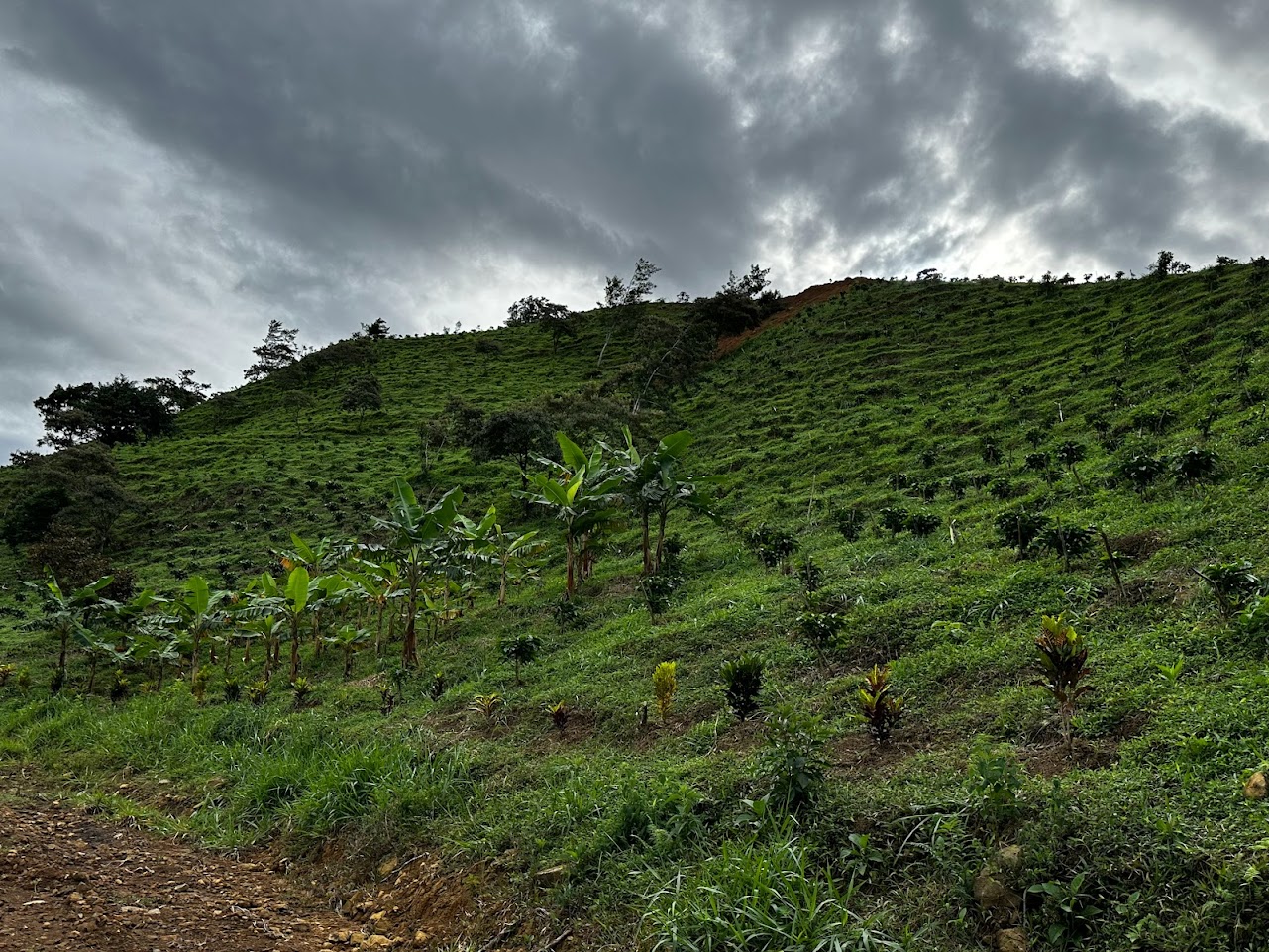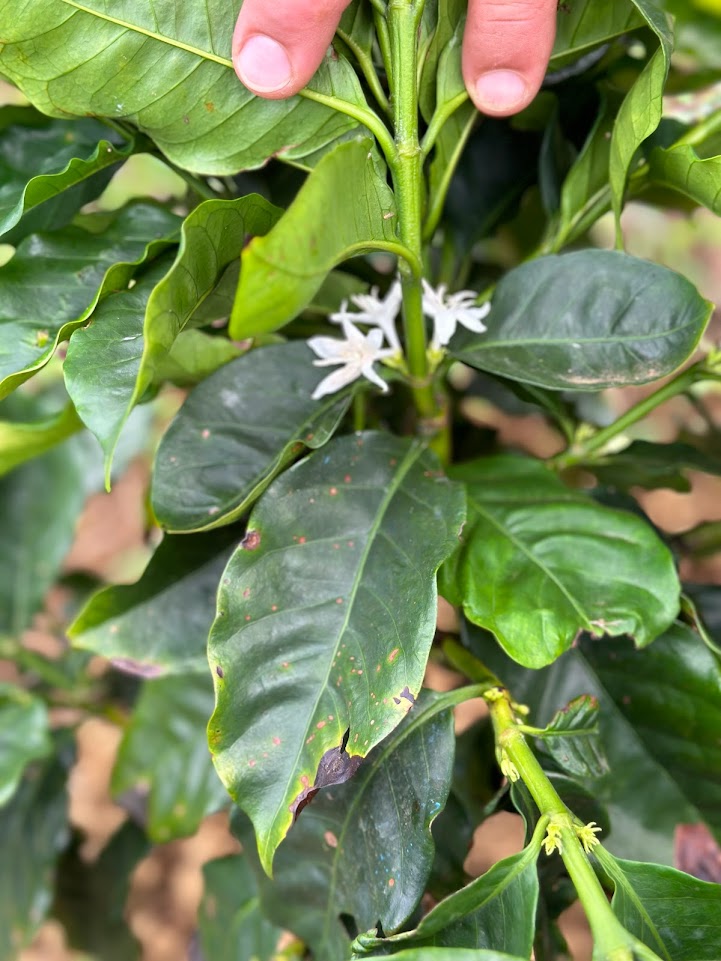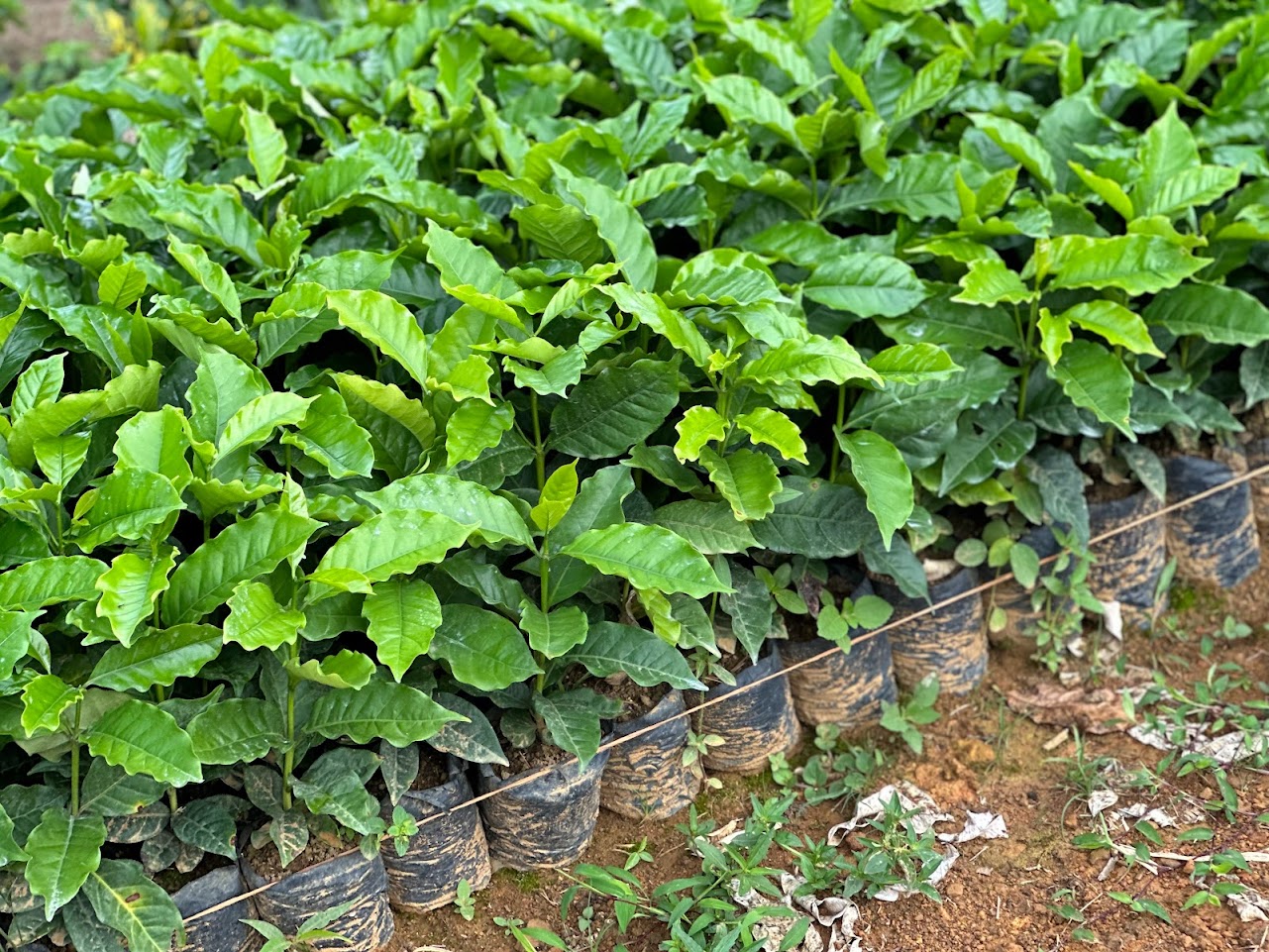Investing in coffee farms can be an intelligent move due to coffee’s status as one of the world’s top commodities. The global demand for coffee, particularly Arabica and specialty coffees, has been consistently strong, and this trend presents significant investment opportunities. Let’s explore the reasons why investing in coffee farms can be a wise decision, considering the price and consumption patterns of Arabica and super specialty coffees.
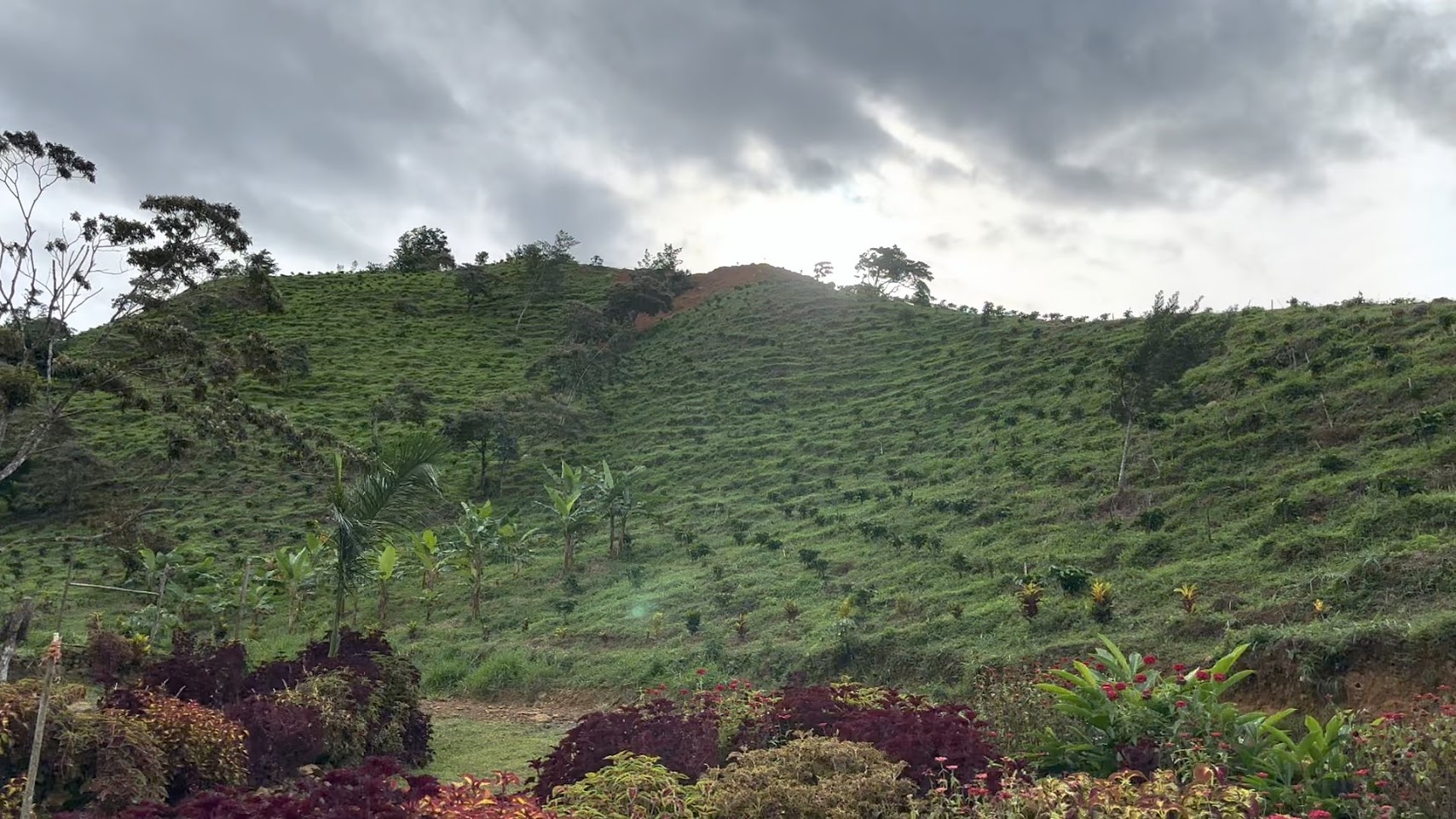
- Global Market Demand: Coffee is one of the most widely consumed beverages globally, with a vast and growing consumer base. The increasing demand for coffee, especially in emerging markets, has been a driving force behind the sustained growth of the coffee industry. As the world’s population continues to grow and economies develop, the demand for coffee is expected to rise, creating a favorable market for coffee producers.
- Arabica Coffee’s Premium Position: Arabica coffee holds a premium position in the market due to its superior taste, aroma, and overall quality. It is favored by specialty coffee enthusiasts, who are willing to pay a higher price for a unique and exceptional coffee experience. Arabica beans typically command a price premium compared to other coffee varieties, such as Robusta, reflecting the market’s recognition of its desirable characteristics.
- Growing Consumption of Specialty Coffees: Specialty coffees, which include high-quality Arabica beans with unique flavor profiles, have gained significant popularity in recent years. Specialty coffee consumption has been on the rise, driven by consumers’ increasing interest in unique and differentiated coffee experiences. This trend has created opportunities for specialty coffee producers, allowing them to cater to the demands of discerning consumers and capture a niche market segment.
- Sustainability and Ethical Considerations: Investing in coffee farms that prioritize sustainability and ethical practices aligns with the growing consumer preference for socially responsible products. Sustainable coffee farming methods, such as shade-grown cultivation, organic practices, and fair trade initiatives, resonate with environmentally conscious consumers. By investing in coffee farms that adhere to these principles, investors can contribute to the promotion of sustainable and ethical coffee production.
- Long-Term Value and Asset Appreciation: Coffee farming can provide long-term value and potential asset appreciation. Well-managed coffee farms have the potential to generate consistent income over many years. As coffee plants mature and yield higher-quality beans, the value of the coffee farm can appreciate. Additionally, investing in coffee farms allows investors to capitalize on the long-term growth of the coffee industry, which is expected to continue due to increasing global consumption trends.
- Diversification and Risk Mitigation: Investing in coffee farms can offer diversification benefits to an investment portfolio. Coffee, as a tangible asset, provides a hedge against inflation and market volatility. By diversifying investments into tangible agricultural assets like coffee farms, investors can mitigate risks associated with traditional financial markets and achieve a more balanced portfolio.
- Emerging Market Opportunities: Investing in coffee farms can present opportunities in emerging coffee-producing regions. As global coffee consumption continues to grow, there is potential for new regions to emerge as significant coffee producers. Investing in coffee farms in these emerging markets can offer early-mover advantages and the potential for substantial returns on investment.
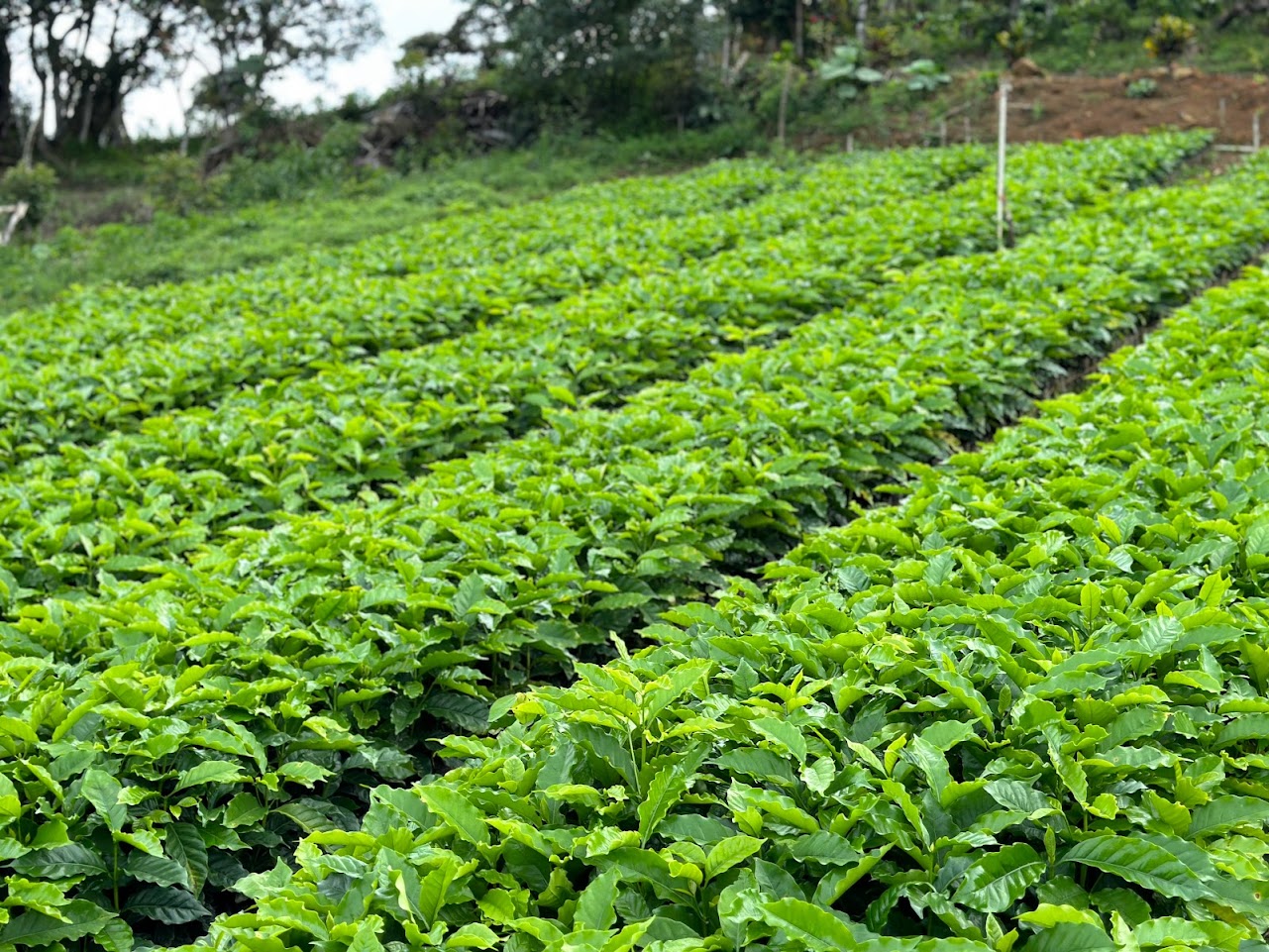
Investing in coffee farms can be a strategic move considering the global demand for coffee, particularly Arabica and specialty coffees. The premium position of Arabica coffee, the growing consumption of specialty coffees, sustainability considerations, long-term value potential, diversification benefits, and emerging market opportunities all contribute to the intelligent nature of investing in coffee farms. As with any investment, thorough research, understanding of the market dynamics, and effective management are essential for maximizing returns and mitigating risks in the coffee farming sector.


